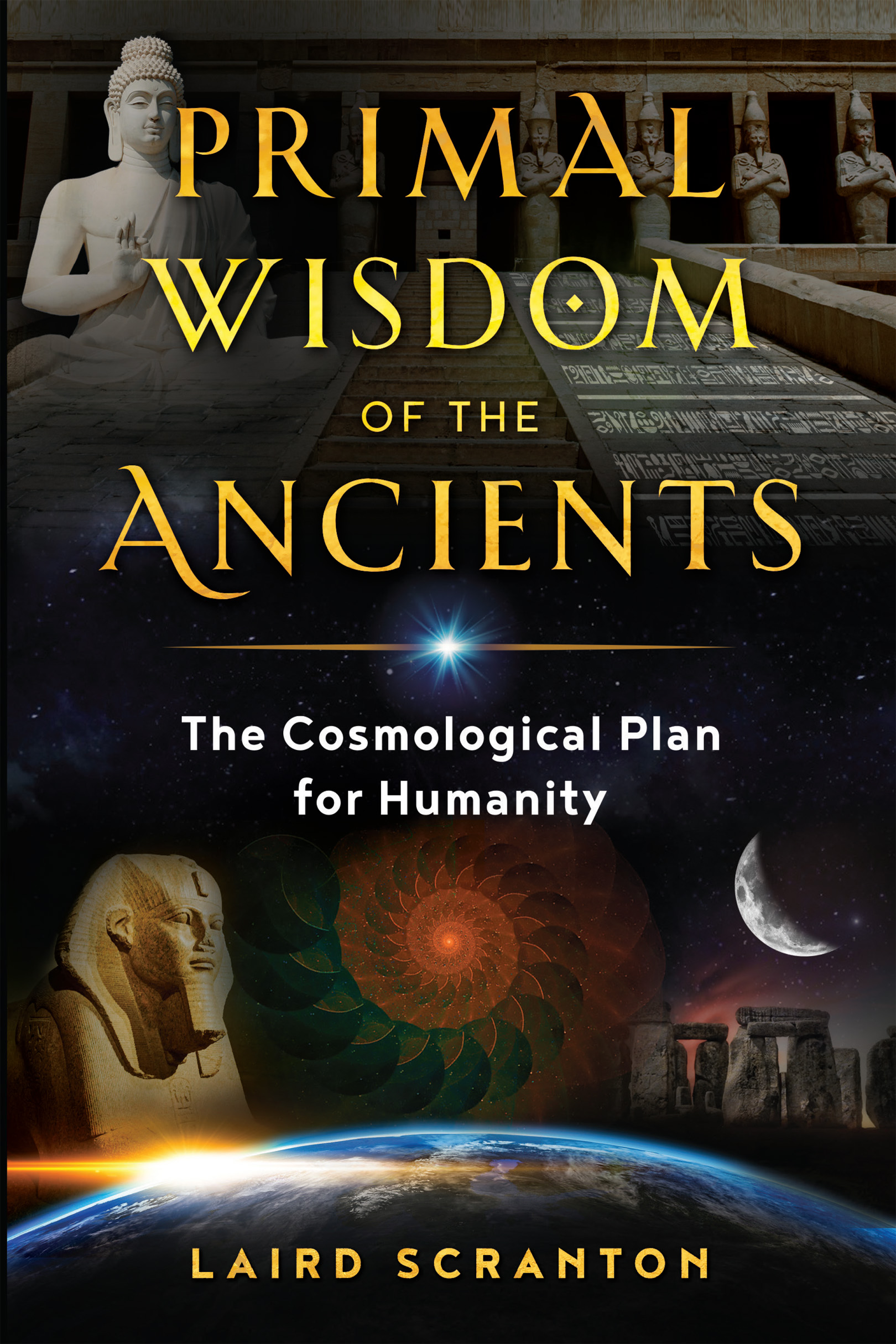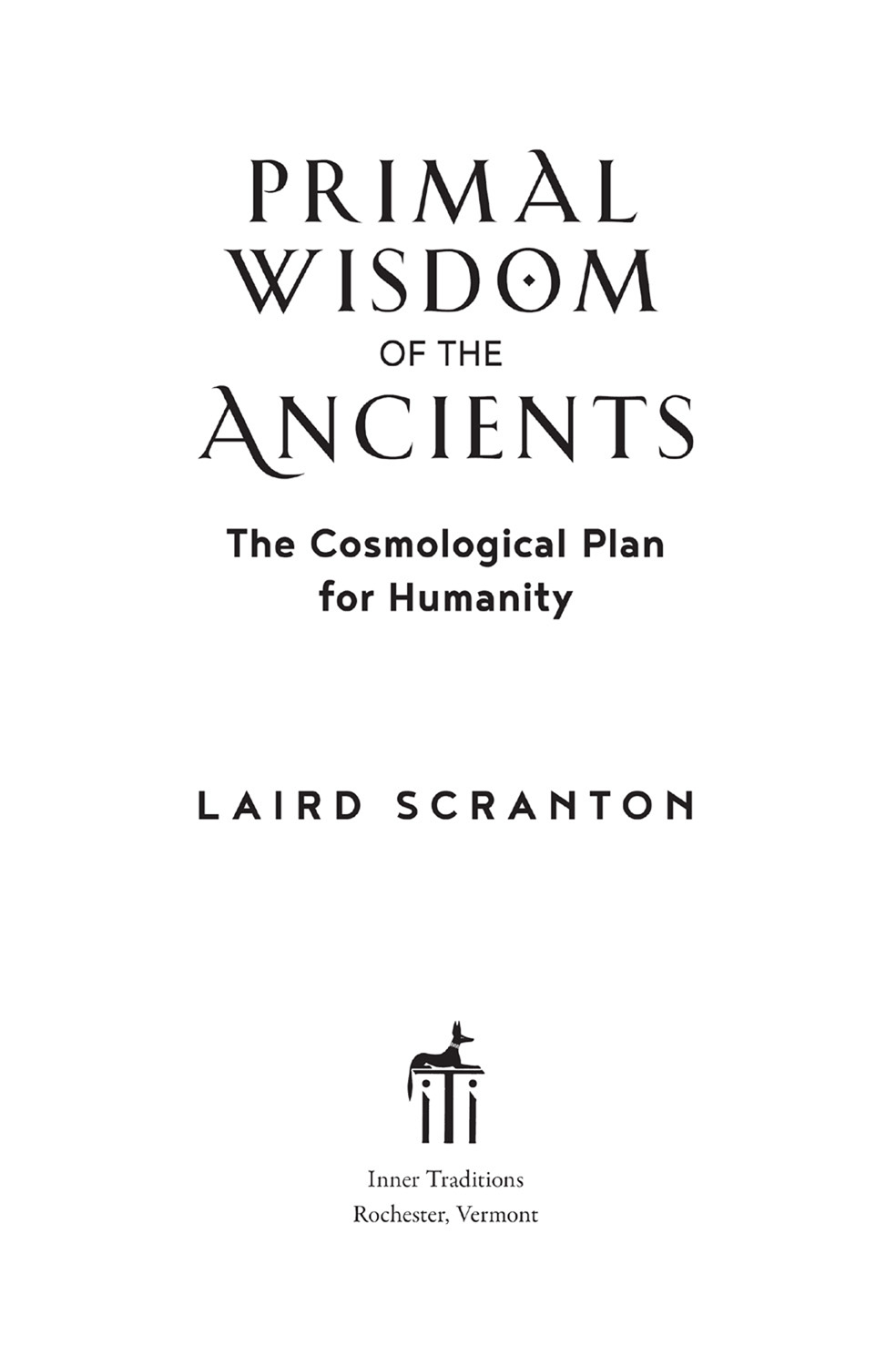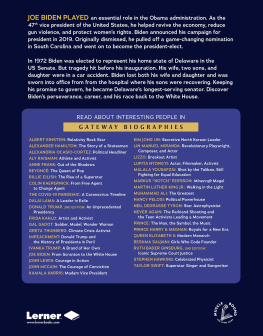Laird Scranton - Primal Wisdom of the Ancients: The Cosmological Plan for Humanity
Here you can read online Laird Scranton - Primal Wisdom of the Ancients: The Cosmological Plan for Humanity full text of the book (entire story) in english for free. Download pdf and epub, get meaning, cover and reviews about this ebook. year: 2020, publisher: Inner Traditions/Bear & Company, genre: Religion. Description of the work, (preface) as well as reviews are available. Best literature library LitArk.com created for fans of good reading and offers a wide selection of genres:
Romance novel
Science fiction
Adventure
Detective
Science
History
Home and family
Prose
Art
Politics
Computer
Non-fiction
Religion
Business
Children
Humor
Choose a favorite category and find really read worthwhile books. Enjoy immersion in the world of imagination, feel the emotions of the characters or learn something new for yourself, make an fascinating discovery.

- Book:Primal Wisdom of the Ancients: The Cosmological Plan for Humanity
- Author:
- Publisher:Inner Traditions/Bear & Company
- Genre:
- Year:2020
- Rating:5 / 5
- Favourites:Add to favourites
- Your mark:
- 100
- 1
- 2
- 3
- 4
- 5
Primal Wisdom of the Ancients: The Cosmological Plan for Humanity: summary, description and annotation
We offer to read an annotation, description, summary or preface (depends on what the author of the book "Primal Wisdom of the Ancients: The Cosmological Plan for Humanity" wrote himself). If you haven't found the necessary information about the book — write in the comments, we will try to find it.
Primal Wisdom of the Ancients: The Cosmological Plan for Humanity — read online for free the complete book (whole text) full work
Below is the text of the book, divided by pages. System saving the place of the last page read, allows you to conveniently read the book "Primal Wisdom of the Ancients: The Cosmological Plan for Humanity" online for free, without having to search again every time where you left off. Put a bookmark, and you can go to the page where you finished reading at any time.
Font size:
Interval:
Bookmark:


PRIMAL WISDOM OF THE ANCIENTS

An engrossing and informative book, Primal Wisdom of the Ancients puts the reader in front of a coruscating kaleidoscope of context with the turn of each page. Rather than research more evidence for cultural diffusion, Laird Scranton takes a refreshing approach from his already opulent opus and successfully amalgamates the purpose underlying the patterns and principles perpetuated by the primordial tradition. This book is not only a valuable contribution to the study of comparative cosmology but also serves as an initiation into the greater mysteries of the esoteric tradition. The only ritual required for the initiate to perform is to read it!
ANYEXTEE, ESOTERIC RESEARCHER, DOCUMENTARY FILMMAKER, AND FOUNDER OF ADAPT EXPEDITIONS
PRAISE FOR PREVIOUS BOOKS BY LAIRD SCRANTON
From Point of Origin
Point of Origin is undoubtedly the pinnacle of research into the worlds ancient cultures, their mysteries and mythologies... a truthful and accurate insight into our origins, encompassing religion, astronomy, mythology, and cosmology. This book is indispensable to anyone seeking answers about our origins.
E. A. JAMES SWAGGER, RADIO HOST AND AUTHOR OFTHE NEWGRANGE SIRIUS MYSTERY
Point of Origin is not a book about Gobekli Tepe, but it sets that mysterious Anatolian hilltop sanctuary into a matrix of interconnected mysteries from all around the world in a way that is both fascinating and thought-provoking.
GRAHAM HANCOCK, AUTHOR OFFINGERPRINTS OF THE GODS
From The Cosmological Origins of Myth and Symbol
Laird Scrantons groundbreaking new research is a major piece of the puzzle that will forever change the way we view the knowledge of the ancients.
EDWARD G. NIGHTINGALE, AUTHOR OF THE GIZA TEMPLATE
The Cosmological Origins of Myth and Symbol makes a good case that what we call today the myths and symbols of ancient peoples have not only cosmology as their basis but they originated from one parent cosmology... most fascinating study...
NEW DAWN MAGAZINE
From Chinas Cosmological Prehistory
Chinas Cosmological Prehistory takes the next step in comparing the creation traditions of ancient cultures. In it, Scranton demonstrates how cross-cultural comparisons can lead us to new insights about the possible meanings of obscure ancient myths and symbols.
WALTER CRUTTENDEN, AUTHOR OFLOST STAR OF MYTH AND TIME
Yet another important piece to Scrantons ongoing quest to prove that a near identical cosmology was common knowledge around the entire globe in ancient prehistory. Perhaps the single language posited in the Book of Genesis, the language that once united all mankind, was not mere fabrication and/or wishful thinking after all. It was cosmology as Scranton again demonstrates.
JOHN ANTHONY WEST, AUTHOR OF SERPENT IN THE SKY
From Science of the Dogon
The Dogon creation myth reflects the nuances of cutting-edge scientific cosmology, and finally this is being recognized. A quintessential read for anyone wishing to learn the truth about this fascinating subject.
ANDREW COLLINS, AUTHOR OF THE CYGNUS MYSTERY AND FROM THE ASHES OF ANGELS
If men learn this [writing], it will implant forgetfulness in their souls; they will cease to exercise memory because they rely on that which is written, calling things to remembrance no longer from within themselves, but by means of external marks. What you have discovered is a recipe not for memory, but for reminder. And it is no true wisdom that you offer your disciples, but only its semblance, for by telling them of many things without teaching them you will make them seem to know much, while for the most part they know nothing, and as men filled, not with wisdom, but with the conceit of wisdom, they will be a burden to their fellows.
PLATO, QUOTING SOCRATES
(FROM PHAEDRUS)
AN INTRODUCTION TO COMPARATIVE STUDIES
COSMOLOGY IS THE SCIENCE of the origin and development of the natural structures that exist in our sphere of life. The term ancient cosmology refers to the ways in which ancient cultures understood the origins of these same natural structures. In ancient times, cosmological topics were the domain of expert priestesses or priests, who in earliest days were arguably the keepers both of science and of root philosophical perspectives that later gave rise to modern religion. Looked at in retrospect, and knowing humanitys innate capacity for invention, we might well imagine that many distinct systems of cosmology developed from region to region, and these likely framed the processes of creation according to a variety of different conceptions. But after careful comparison of these traditions with each other, what we find instead are surprisingly consistent expressions of what was therefore more sensibly a single archaic system of cosmology. This outlook is testified to by the diverse range of closely aligning concepts, words, symbols, and other elements that characterize these traditions, which go well beyond any reasonable suggestion of coincidence or parallel development. The apparently archaic system that seemingly spawned these traditions was organized around a set of symbols and symbolic themes that Carl Jung would later describe as archetypes, and which persist to this day among the cultures of far-flung societies worldwide.
In modern usage, the word cosmology refers to the science of astrophysics, which is the study of how matter and the universe formed. The average modern person is likely to have at least basic knowledge of what an atom is and to know that matter is comprised of atoms and that an electron orbits an atoms nucleus while protons and neutrons are located within that nucleus. They may also have at least some passing awareness of Einsteins theory of relativity and the concept of the big bang and may have heard of more specialized scientific ideas such as string theory and quantum entanglement. For a persons knowledge to go much beyond that would require him or her to have deliberately spent some time reading about or studying subjects that relate to cosmology or astrophysics.
Comparative study of the symbolic cosmologies of various ancient cultures points out many unexpected similarities in their traditions and helps us to clarify the underlying nature of ancient cosmological beliefs. In the strictest sense, the term ancient cosmology properly applies to three creational themes: how matter forms, how the universe formed, and how the processes of biological creation occur. In the mind-set of the ancient cosmology, as expressed by the modern-day Dogon tribe of Mali in northwest Africa, these three themes represent parallel processes. Perhaps as a way to underscore that point, in Dogon culture a single progression of symbols serves to simultaneously define all three creational themes. Of course this implies that any given symbol within that progression carries meanings that pertain to all three themes, but with specific nuances of meaning that can vary somewhat in accordance with each theme. Consequently, as we explore the meanings of ancient cosmological stories, symbols, and words it is important that we consider the references in the context of each of the three themes. If, in fact, we are working with a system whose meanings are scientific and whose symbolism was carefully considered, then it makes sense that we most often find the clearest descriptions of cosmological ideas in the earliest representations of ancient cultures, where they may have been expressed through creation myths, as a part of religious hymns or incantations, in inscriptions carved onto the walls of temples, through architectural forms, or in the art of sculpture or paintings whose themes are understood to be mythical or religious. However, among groups such as the Dogon, who chose never to adopt a written language, spoken language becomes the purveyor of symbolic meaning, so we also derive understanding from the phonetics of cosmological terms. We also come to see that symbolism expressing itself through the multiple meanings of ancient cosmological words.
Next pageFont size:
Interval:
Bookmark:
Similar books «Primal Wisdom of the Ancients: The Cosmological Plan for Humanity»
Look at similar books to Primal Wisdom of the Ancients: The Cosmological Plan for Humanity. We have selected literature similar in name and meaning in the hope of providing readers with more options to find new, interesting, not yet read works.
Discussion, reviews of the book Primal Wisdom of the Ancients: The Cosmological Plan for Humanity and just readers' own opinions. Leave your comments, write what you think about the work, its meaning or the main characters. Specify what exactly you liked and what you didn't like, and why you think so.


